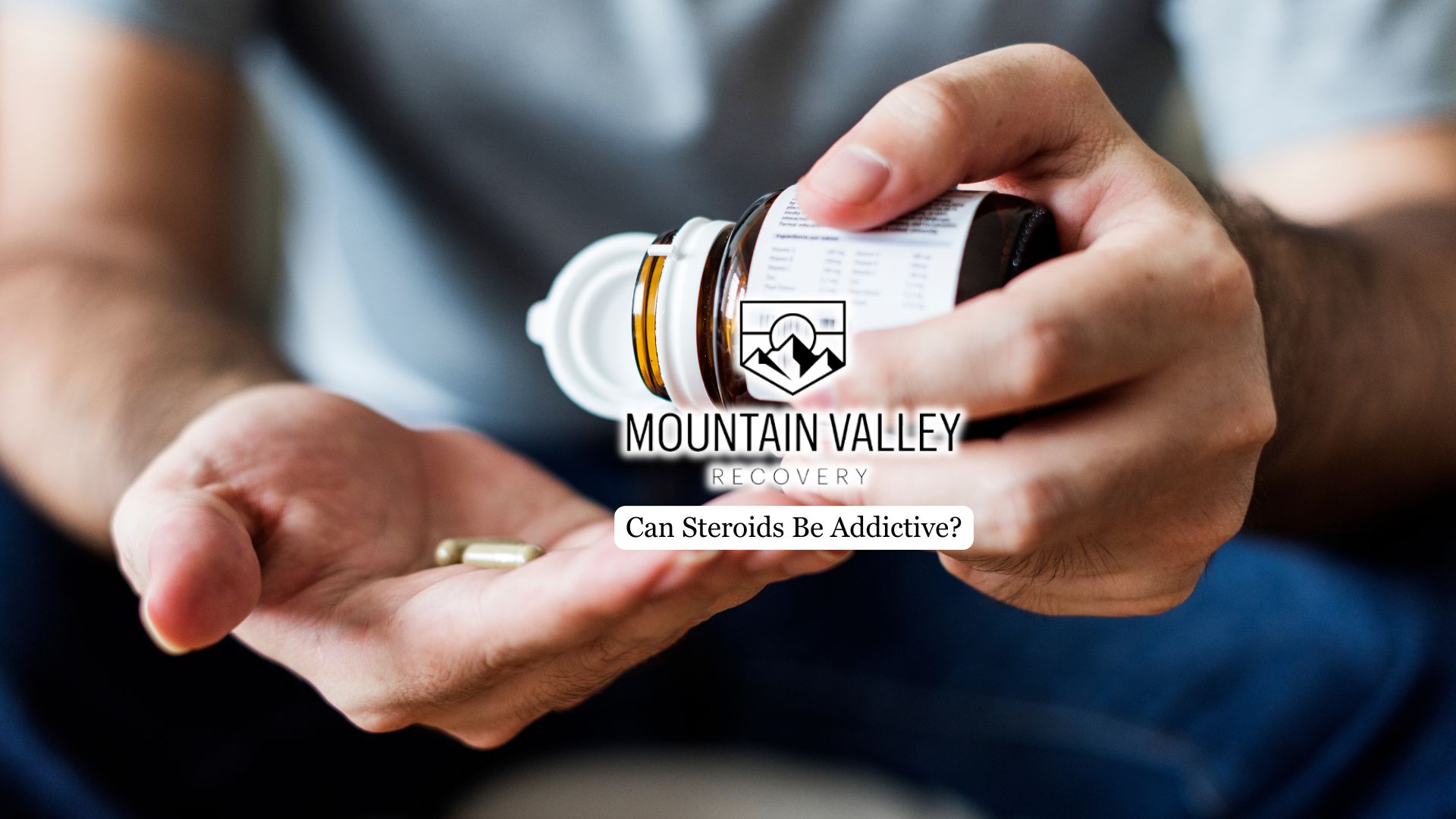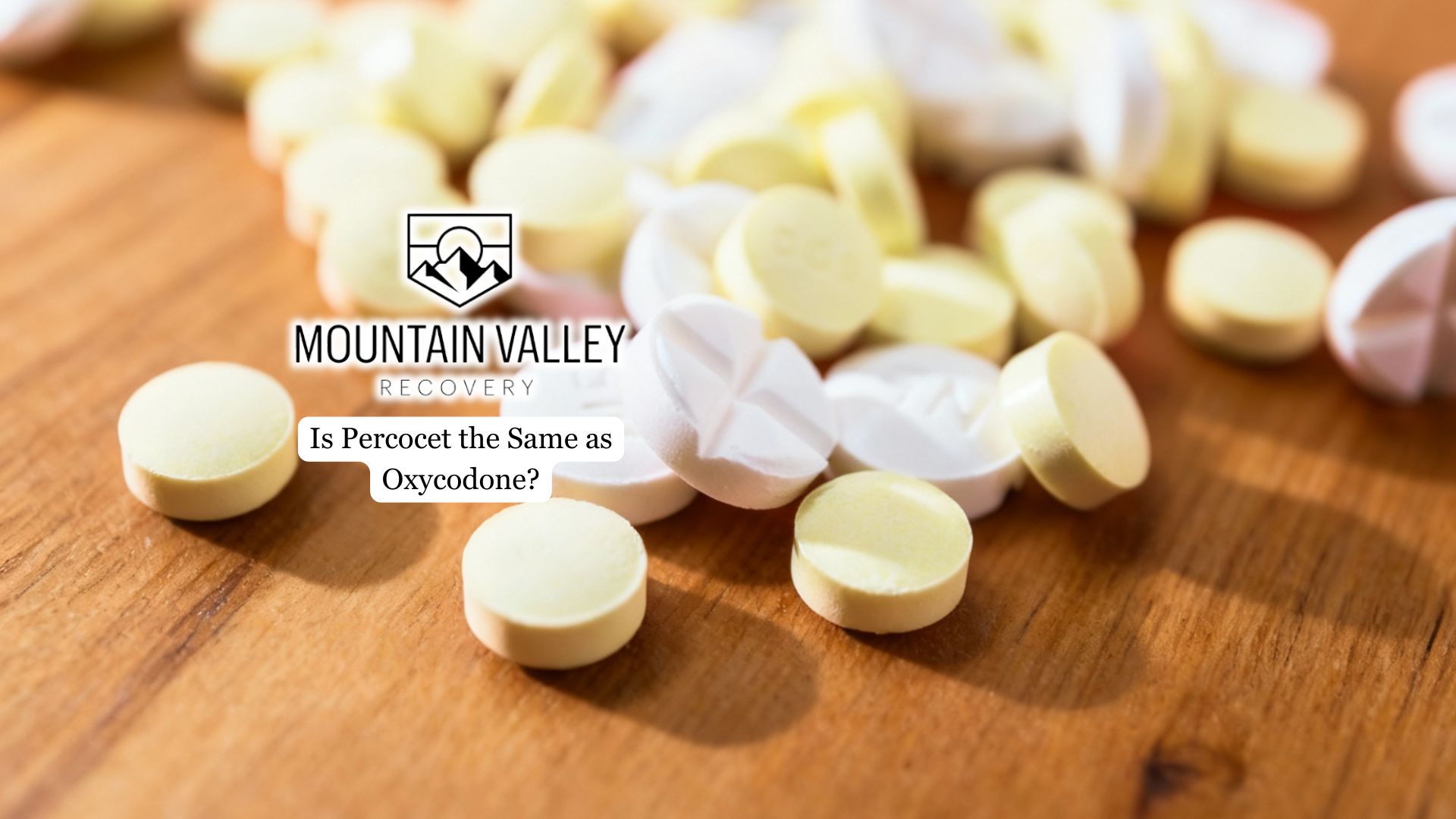For many men, substance use is closely tied to underlying mental health conditions. These combinations, known as co-occurring disorders, involve the presence of both a substance use disorder and a mental health disorder. When left untreated, each condition feeds the other, making recovery more difficult and relapse more likely.
Identifying the most common co-occurring disorders helps lay the groundwork for effective, long-term treatment that addresses both the addiction and the psychological struggles that often drive it.
Understanding Co-Occurring Disorders
Co-occurring disorders develop when substance use overlaps with a mental health condition, such as depression, anxiety, or trauma-related disorders. In many cases, men may not even realize they’re dealing with a mental health issue because the symptoms are masked by drinking or drug use.
Substance use becomes a coping mechanism, and over time, dependence takes hold. Treating the addiction without understanding what’s driving it often leads to short-lived progress. Long-term recovery requires addressing both parts of the equation with a coordinated treatment plan that considers the full scope of the individual’s mental and emotional health.
Depression and Addiction
Feelings of emptiness, guilt, or lack of motivation can lead men to seek relief from alcohol or drugs. What begins as an attempt to escape emotional pain can quickly spiral into dependence. In many cases, substance use deepens the symptoms of depression, creating a destructive cycle that’s difficult to escape.
Without targeted intervention that treats both the addiction and the underlying depression, lasting recovery is unlikely. Treating both simultaneously is essential for men to rebuild emotional stability and regain control over their lives.
Anxiety Disorders and Addiction
Chronic anxiety can make even simple daily tasks feel overwhelming. For some men, substance use offers temporary relief from constant tension or panic. Whether it’s social anxiety, generalized anxiety, or panic disorder, the need to feel calm can lead to repeated use of alcohol, benzodiazepines, or other drugs.
Unfortunately, this approach backfires quickly. Substance use intensifies anxiety over time, and withdrawal symptoms can mimic or worsen anxiety, trapping men in a loop of fear and dependence.
PTSD and Addiction
Post-traumatic stress disorder is prevalent in men who have experienced combat, physical violence, accidents, or childhood trauma. The emotional burden of intrusive memories, nightmares, or emotional numbness often pushes men toward substances that dull the pain. While substances may temporarily block out distressing thoughts, they do not resolve the trauma, and usually deepen its impact.
Addiction and PTSD can become deeply entwined, each reinforcing the other. Effective treatment for this combination must be trauma-informed, allowing men to process their experiences while also working toward sobriety safely.

Bipolar Disorder and Addiction
Bipolar disorder presents unique challenges in addiction recovery due to the intensity of its mood swings. During manic phases, men may engage in reckless behavior, including substance use, without regard for consequences. During depressive phases, they may use drugs or alcohol to self-soothe or shut down emotional pain.
Because the disorder fluctuates, it can be hard to recognize how substance use fits into the pattern. Misdiagnosis is also common, especially when drug or alcohol use masks symptoms.
Personality Disorders and Addiction
Certain personality disorders, such as antisocial or borderline personality disorder, are frequently seen alongside substance use. Men with these disorders may struggle with emotional regulation, impulsivity, or difficulties maintaining relationships, which can all contribute to cycles of addiction. For some, substance use serves as a form of escape or a way to cope with intense emotional swings.
Because personality disorders influence how individuals view themselves and interact with the world, treatment must be structured to address those long-standing behavioral patterns while also managing substance use. Without this dual focus, behavioral relapses are likely even if sobriety is achieved.
Why Integrated Treatment Matters
Trying to treat addiction in isolation rarely leads to long-term success for men with co-occurring disorders. Mental health issues and substance use are deeply connected. Ignoring one will almost always undermine progress in the other. Integrated treatment ensures that both the addiction and the mental health disorder are addressed at the same time, using approaches tailored to the individual’s specific needs. This coordinated care improves outcomes, reduces relapse risk, and helps men build a foundation for a stable, healthier future. It also allows for better medication management, therapy outcomes, and support systems that align with each person’s unique diagnosis.
Final Thoughts from Mountain Valley Recovery
At Mountain Valley Recovery, we specialize in dual diagnosis treatment for men facing co-occurring disorders. Our program combines holistic, clinical expertise, personalized therapy, and a supportive, men-focused environment to address both addiction and mental health challenges. With our integrated care model, men receive the tools and support they need to recover fully, not just from substance use but also from the issues that drive it.





